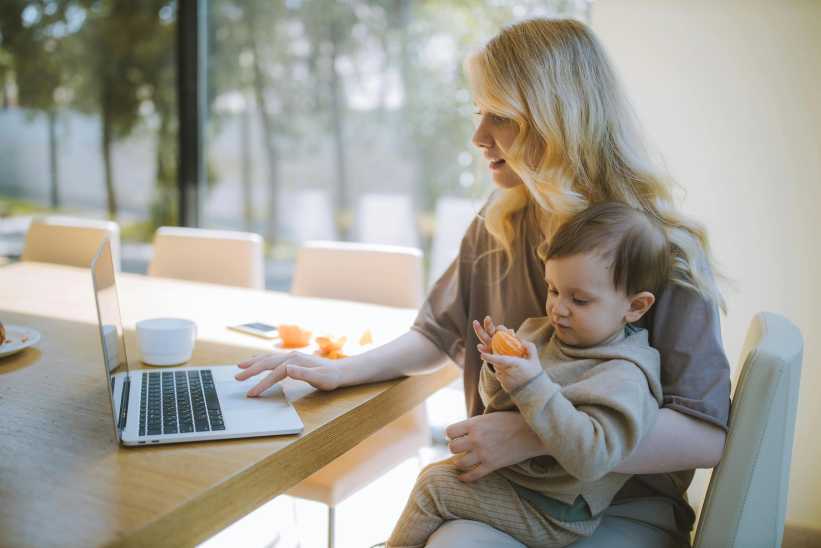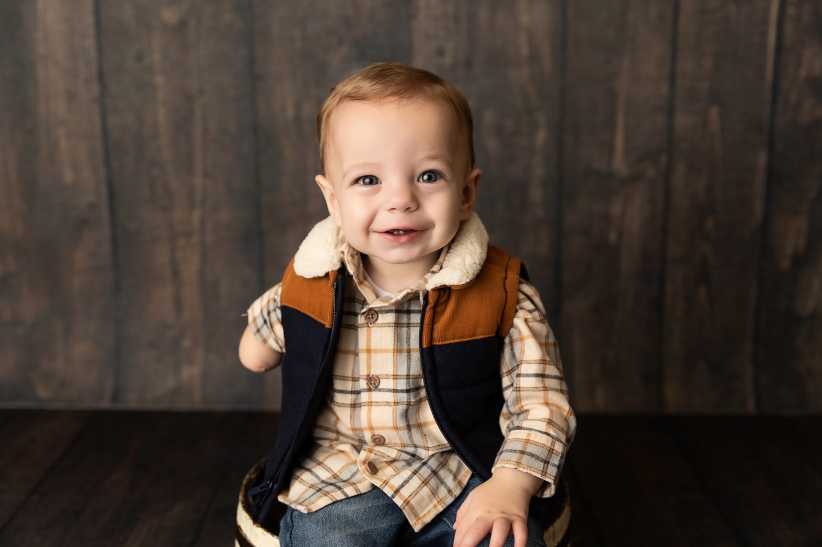In the 1960s and ’70s an American psychiatrist named Theodore Lidz wrote several books about schizophrenia based on research he conducted with families of children diagnosed with the disorder. In their 2016 book, I Didn’t Cause It, I Can’t Change It, authors Mary Ryan Woods and Adrienne Murray state that Lidz believed the behavior of the mother and father were responsible for “creating” a schizophrenic son or daughter.
The authors suggest that parents of schizophrenic children may have “felt isolated and alone for a long period of time.” Perhaps they experienced “guilt and shame because they felt that they had failed as parents.”
Co-occurring disorders
The forward of the book is written by Loralee West, whose son became an addict as a teenager. As she writes: “It wasn’t until he was diagnosed with schizophrenia at the age of 21 that we learned about co-occurring disorders — two major mental illnesses affecting an individual simultaneously.”
When West and her husband tried to find a treatment facility that would treat her son’s addiction and schizophrenia, they found rehabs claiming to deal with co-occurring disorders. After enrolling their son in several such programs without much success, West ended up seeing her son being treated for either his mental illness or his addiction — not both.
As a result, she helped create WestBridge, “a treatment program for individuals with co-occurring disorders headquartered in Manchester, New Hampshire.” Author Woods is the creator and CEO of WestBridge and “has spent her career working in the fields of addiction and mental health treatment.” The WestBridge program is based on the idea that a patient cannot recover unless the mental illness and the substance abuse are both being treated simultaneously
In the preface of the book, Woods writes, “Over 20 million adults suffer from substance use disorders. Of these numbers, 7.9 million adults suffer from co-occurring substance use disorders and mental illness. That’s an average of one in every 30 people.”
While Woods adds that “parenting a child with a co-occurring mental illness and substance use disorder is a lonely and taxing journey,” the book is devoted to mothers who bear “much of the burden of these illnesses.”
The journey
According to Woods and Murray, “there is a mound of research” that backs up the fact that mothers cannot create a child with co-occurring disorders just because of the way she parents. They add, “What we do know is that genetics, epigenetics, diet, exposure to toxins, and more all contribute to COD. There is no know single cause.”
Even if a mother can point to a “genetic reason for a malady,” she can still feel guilt and remorse for not being able to make her son or daughter healthy. Sometimes mothers are in a position of just trying to keep their children alive.
It can be “an emotional rollercoaster” for a mother whose once seemingly sweet child starts exhibiting abusive behavior. She fears death for her child when she doesn’t know where her child is and what choices he or she is making.
Woods and Murray acknowledge that almost every mother has hopes and aspirations for their children. It is easy for “her identity to become wrapped up in the perceived successes and failures of her son and daughter.” If her child excels, a mother can feel like a victor.
On the other hand, a mother can be held responsible “for her son or daughter’s seemingly defiant refusal to fit into societal norms.” A mother can feel embarrassed when her child is not “measuring up to the community’s standard.” She can also feel angry at her child for not fulfilling her dreams.
Many young adults experiment with drugs and alcohol and view it as a “stage” in their lives. The teenager with co-occurring disorders, however, is probably unknowingly using substances to treat his mental illness. Unlike his peers, he will be not be able to progress developmentally until he is clinically diagnosed. To watch their child’s friends move forward in their lives while their own child remains in a viscous cycle of self-destruction, many mothers feel hurt and even grief-stricken.
Dealing with stigma
As the first responders to their children’s illnesses, mothers have divulged living with “shame, secrecy, and stigma.” As the authors explain, “Take the myth that people with mental illnesses are more prone to violence. In fact, according to the U.S. Department of Health and Human Services, only three to five percent of violent acts are attributed to people living with mental illness. And they are over 10 times more likely to be victims of a violent crime.”
As the authors explain, “The behaviors that someone with COD may exhibit might look frightening or different, but it is preposterous to assume just because of the behavior that anyone will be harmed.” Despite these statistics, mothers still admit to fearing for their own lives because of the behavior of their child with co-occurring disorders.
The authors discuss the societal influence that impacts a mother who learns that her child being diagnosed with obsessive-compulsive disorder, schizophrenia, alcoholism, heroin addiction, or other mental illnesses. These mothers live in pain as their society stigmatizes and villainizes their son or daughter instead of seeing their child as being afflicted with a disease.
Mothers recount losing friendships because of “prevailing stigma,” while others interviewed said “one of the things that hurt them the most was when their own family members lost sight of who their child really was. They seemed to only focus on the symptoms and behaviors of co-occurring disorders and often forgot about the true nature of the individual.”
Support groups for mothers
While it is imperative for a mother to support her child through his or her treatment, it is important for a mother to have a life of her own. The authors list a number of support groups where mothers can meet and talk with others who are having similar experiences with their children. Many mothers talk about the importance of these support groups and the relief of being able to express themselves without feeling judged by others.
Some of these groups include the National Alliance on Mental Illness and Al-Anon, as well as parents’ groups provided by treatment centers. Most of the mothers that the authors interviewed began to see their experiences as a spiritual one.
“Faith and prayer were common coping tools for the moms that we interviewed,” the authors observed. “Being able to turn their fears and frustrations over to the God of their understanding sustained many of them through the difficult times on their journeys.”
Parents feel mortified when their well-behaved and excelling son or daughter turns into a grown child unable to cope with co-occurring disorders, as the community around them can make comments such as: “Johnny has always been good at sports and now all he cares about is getting high. What a waste. What a loser. What is wrong with the parents that they let them do that?”
Even if a parent does everything right, there are extreme situations in which Al-Anon calls the three Cs: You didn’t Cause it, you can’t Control it, and you can’t Cure it. As mothers “once paralyzed by embarrassment and shame,” begin to speak out and educate their families and friends about the “realities of co-occurring disorders,” they are quietly changing society’s views of how we think about these diseases.
As one mother recounted: “I felt so unprepared but found education to be the key in the journey. And other moms who are going through this need to remember to take care of themselves. Don’t isolate yourself, and find support from others who have gone on this same journey. Now, I share with friends and meditate. These tools have proven to be a huge help to me.”
Allison Plitt lives in Queens with her 12-year-old daughter and is a frequent contributor to this publication.





















